The Top 10 Ways To Lose Weight | Kansas City Laser-Like Lipo®
The Top 10 Ways To Lose Weight
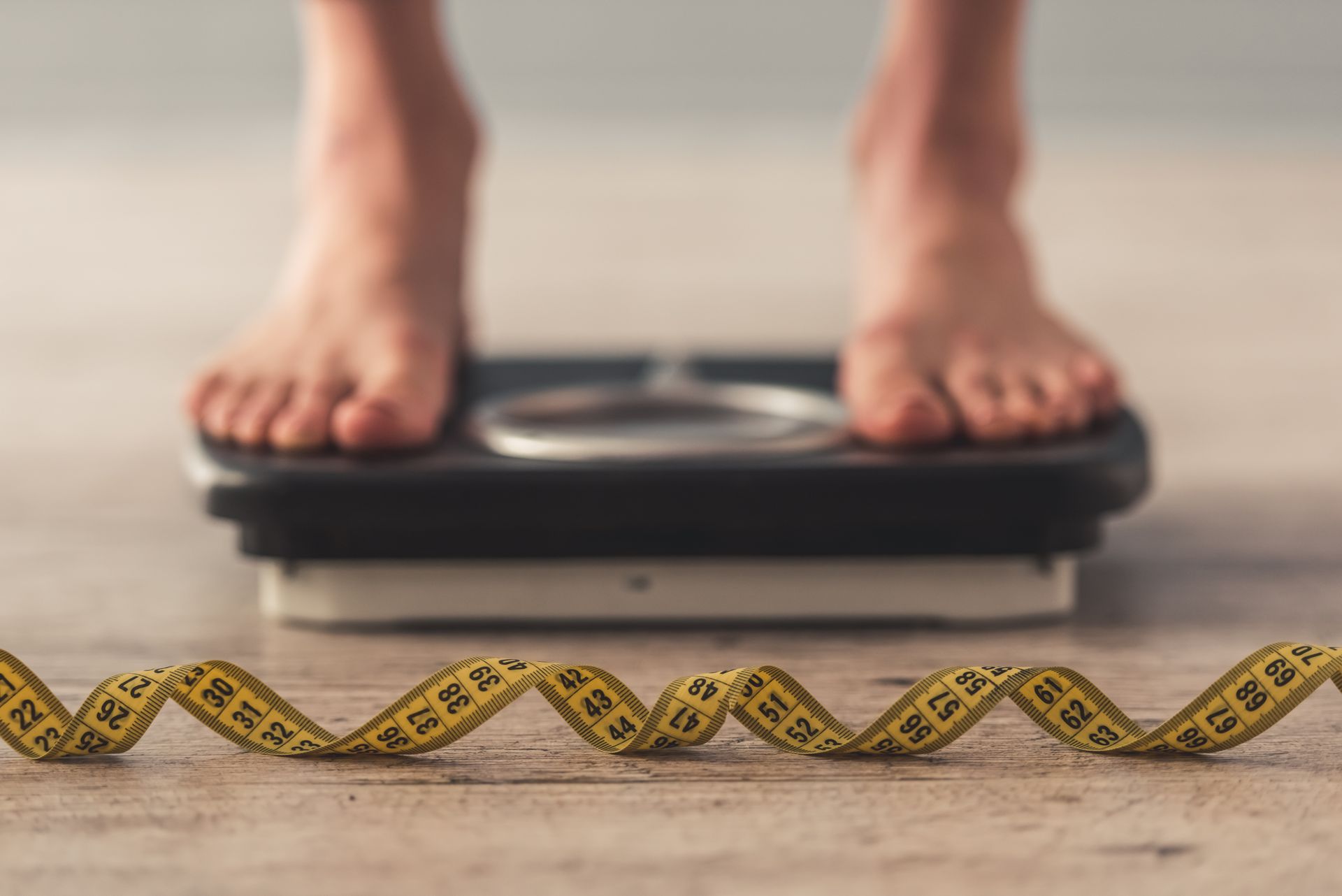
Photo Credit: Shutterstock
At Kansas City Laser-Like Lipo, we know that weight loss can be a daunting journey but one that is attainable with dedication and consistency. It involves changing lifestyle habits, being mindful of the foods you consume and making healthier choices, as well as exercising regularly to help promote a balanced diet. With hard work and commitment, anyone can achieve their weight loss goals, whether it’s to shed a few extra pounds or make a dramatic transformation.
Here are the Top 10 Ways To Lose Weight:
#1: Eat Fewer Calories Than You Burn
Eating fewer calories than you burn is an essential part of any weight loss plan. To do this, you need to be mindful of the foods you’re consuming and pay attention to portion sizes. Keeping a food diary can be a helpful way to track your daily caloric intake and make sure you’re eating within your target calorie range. Additionally, making sure to eat nutrient-dense, whole food sources such as fruits and vegetables, lean proteins, and complex carbohydrates will help you feel fuller for longer and reduce your cravings. Finally, staying active and engaging in regular exercise such as aerobic exercise, strength training, and HIIT can also help you burn extra calories.
#2: Increase Your Protein Intake
Increasing your protein intake is a great way to support your weight loss goals. Protein is filling and helps you feel fuller for longer, reducing cravings and snacking throughout the day. Good sources of protein can be found in lean meats such as chicken or fish, eggs, dairy products, legumes, nuts, and seeds. It’s also important to spread your protein intake throughout the day, as this will help regulate your hunger levels and ensure your body gets enough fuel to keep you energized. Incorporating protein-rich snacks into your diet can help ensure you’re getting enough protein to meet your goals.
#3: Eat More Fiber
Eating more fiber is a great way to support long-term weight loss goals. Fiber helps to keep you feeling full for longer, so instead of snacking throughout the day, you’ll be able to stay on track with your caloric intake. Good sources of fiber include whole grains, fruits, vegetables, and legumes. Eating these foods in place of refined carbs or processed foods will help reduce calorie intake and support healthy digestion. Additionally, drinking plenty of water is important when increasing your fiber intake, as this will help prevent constipation and promote regular bowel movements.
#4: Drink Plenty of Water
Drinking more water is essential for any weight loss plan. Not only does it help keep you hydrated, but drinking plenty of water throughout the day can also help to reduce cravings and curb hunger. Aim for 8 glasses per day and increase your intake if you’re engaging in strenuous activities or spending time outdoors. Additionally, adding lemon or lime to your water can help make it more flavorful and enjoyable. Drinking herbal teas can also help you meet your water goals without the added sugar or calories of other beverage options.
#5: Cut Down On Added Sugar and Refined Carbs
Cutting down on added sugars and refined carbs is an important part of any weight loss plan. These types of foods are high in calories and can cause a spike in blood sugar levels. Replace these with healthier alternatives such as fruits, vegetables, and whole grains. These foods are rich in fiber, vitamins, and minerals, and can help keep you feeling fuller for longer. Additionally, try to limit processed and packaged foods, as these often contain hidden sugars and refined carbohydrates. By replacing these foods with healthier options, you’ll be able to reduce your calorie intake and stay on track with your weight-loss goals.
#6: Get Active
Increasing physical activity is an important part of any weight loss plan. Regular exercise can help burn extra calories and increase metabolism, which in turn can help you reach your weight-loss goals. It doesn’t have to be anything too strenuous – even moderate activity such as walking, jogging, swimming, or cycling can make a huge difference. Additionally, adding strength training to your routine will help build muscle and boost your metabolism. Whatever activity you choose, it’s important to be consistent with it, as this will help you obtain long-term results.
#7: Avoid Processed Foods
Avoiding processed foods is an essential part of any weight loss plan. Processed foods are usually high in calories, and often contain a lot of added sugars and unhealthy fats, which can make it difficult to reach your weight-loss goals. Instead, opt for whole, natural ingredients such as lean proteins, healthy fats, complex carbohydrates, and plenty of fruits and vegetables. By avoiding these types of processed and packaged foods, you’ll be able to reduce your calorie intake and stay on track with your goals.
#8: Track Your Progress
Tracking your fitness and health progress is an important part of any weight loss plan. Keeping a journal or using an app to track your diet and exercise routine can help you stay on track with your goals. It’s also important to track your non-scale victories, such as improvements in your energy levels or increased strength. Additionally, tracking your sleep schedule can also be beneficial, as getting enough quality sleep can help support your weight-loss efforts. By keeping track of your progress, you’ll be able to stay motivated and reach your goals faster.
#9: Get Enough Quality Sleep
Improving your quality of sleep is an important part of any weight loss plan. Getting enough quality sleep is essential for good health and can help support your weight loss efforts. To help improve your sleep quality, make sure to keep a regular sleep schedule—this means going to bed and waking up at the same time each day. Additionally, limit screen time late at night and avoid consuming caffeine or alcohol close to bedtime. Practicing relaxation techniques such as yoga or meditation can also help you wind down before bed and improve your sleep quality.
#10: Reduce Your Stress Levels
Reducing your stress levels is an important part of any weight loss plan. High stress levels can lead to unhealthy habits such as overeating or exercising less, which can make it difficult to reach your weight loss goals. To help reduce your stress levels, try engaging in light physical activity such as walking, swimming, or yoga. Additionally, making time for yourself to do things you enjoy and taking breaks throughout the day can help you relax and re-center. Finally, make sure to get enough quality sleep – this will help reduce stress levels and give you more energy to tackle your weight loss goals.
Conclusion
Losing weight is an important process that requires time, dedication and commitment. It involves making healthier lifestyle choices such as eating more nutrient-dense foods, drinking plenty of water, exercising regularly and reducing stress levels. By following these tips and making small, sustainable changes to your diet and fitness routine, you can reach your weight loss goals and live a healthier, more active life. Our doctors and coaches at Kansas City Laser-Like Lipo can help guide you through the process of making these lifestyle changes.

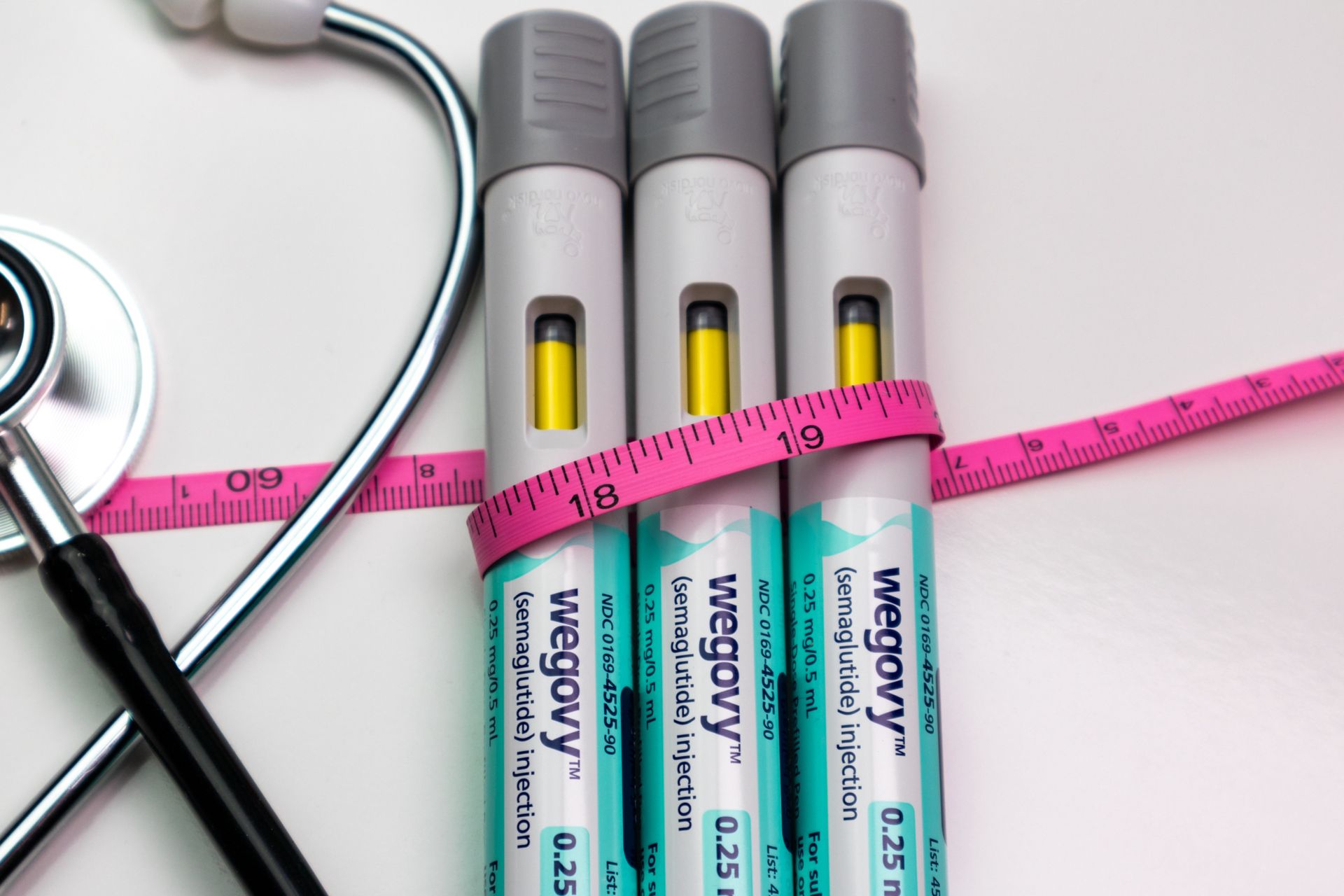

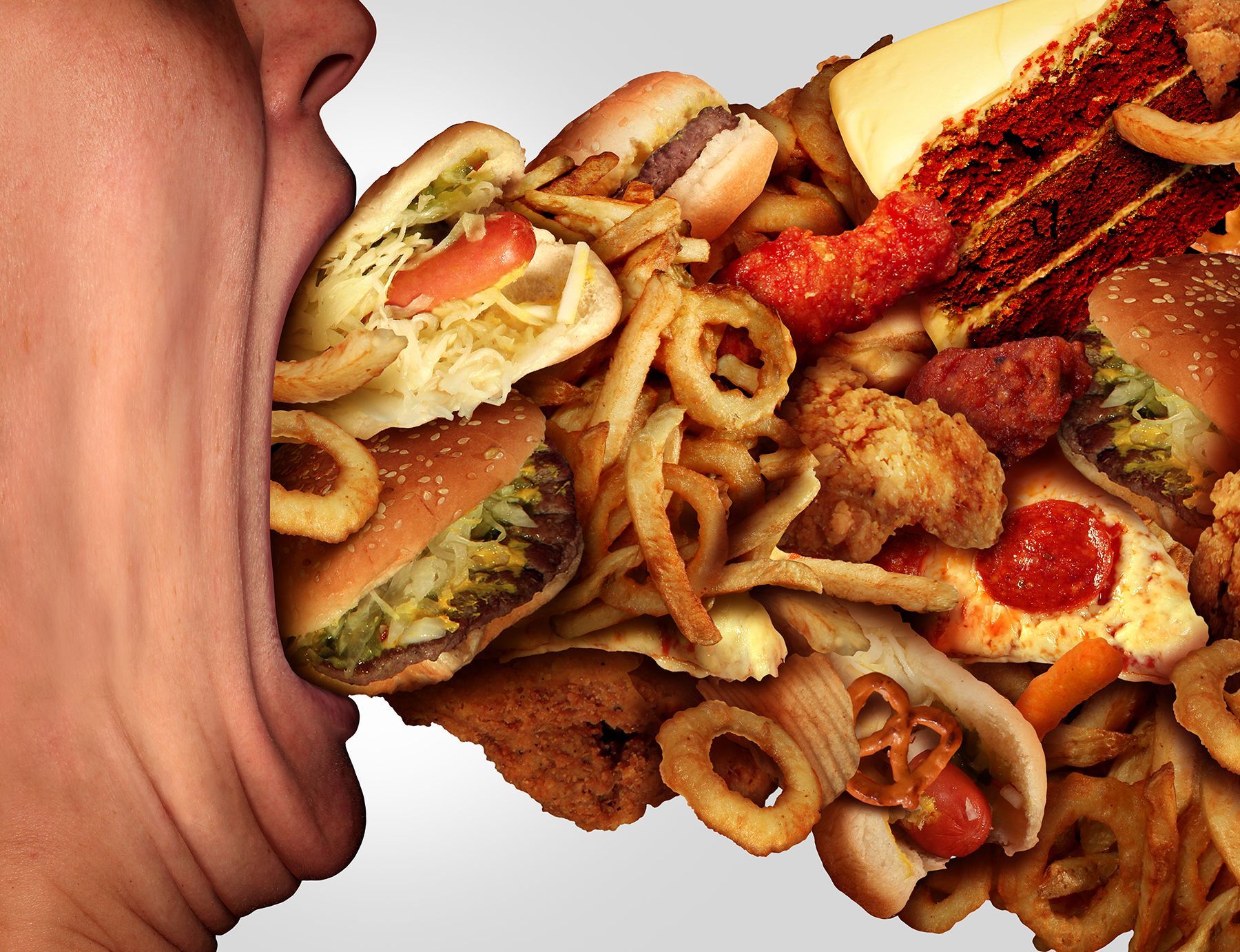
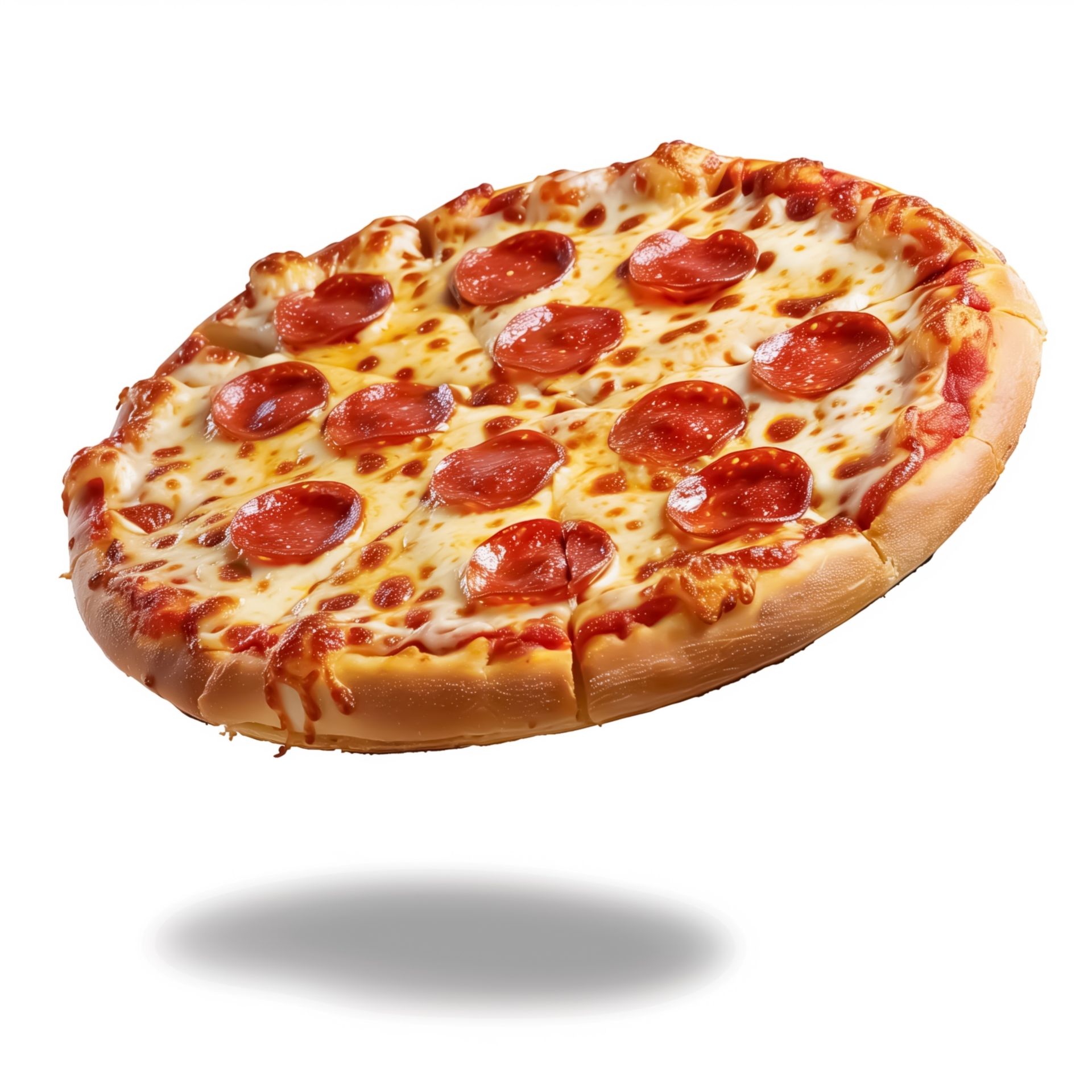
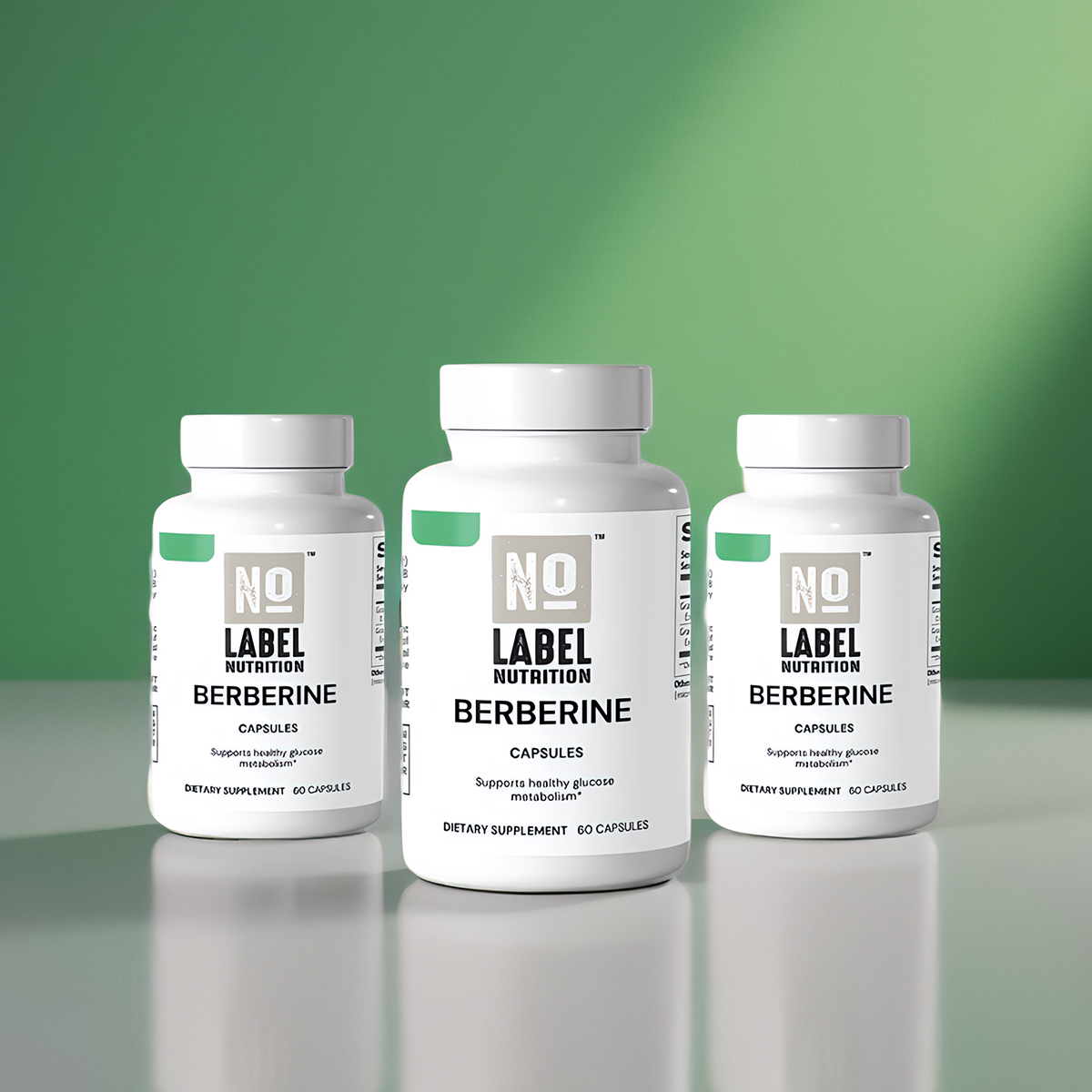





Share On: